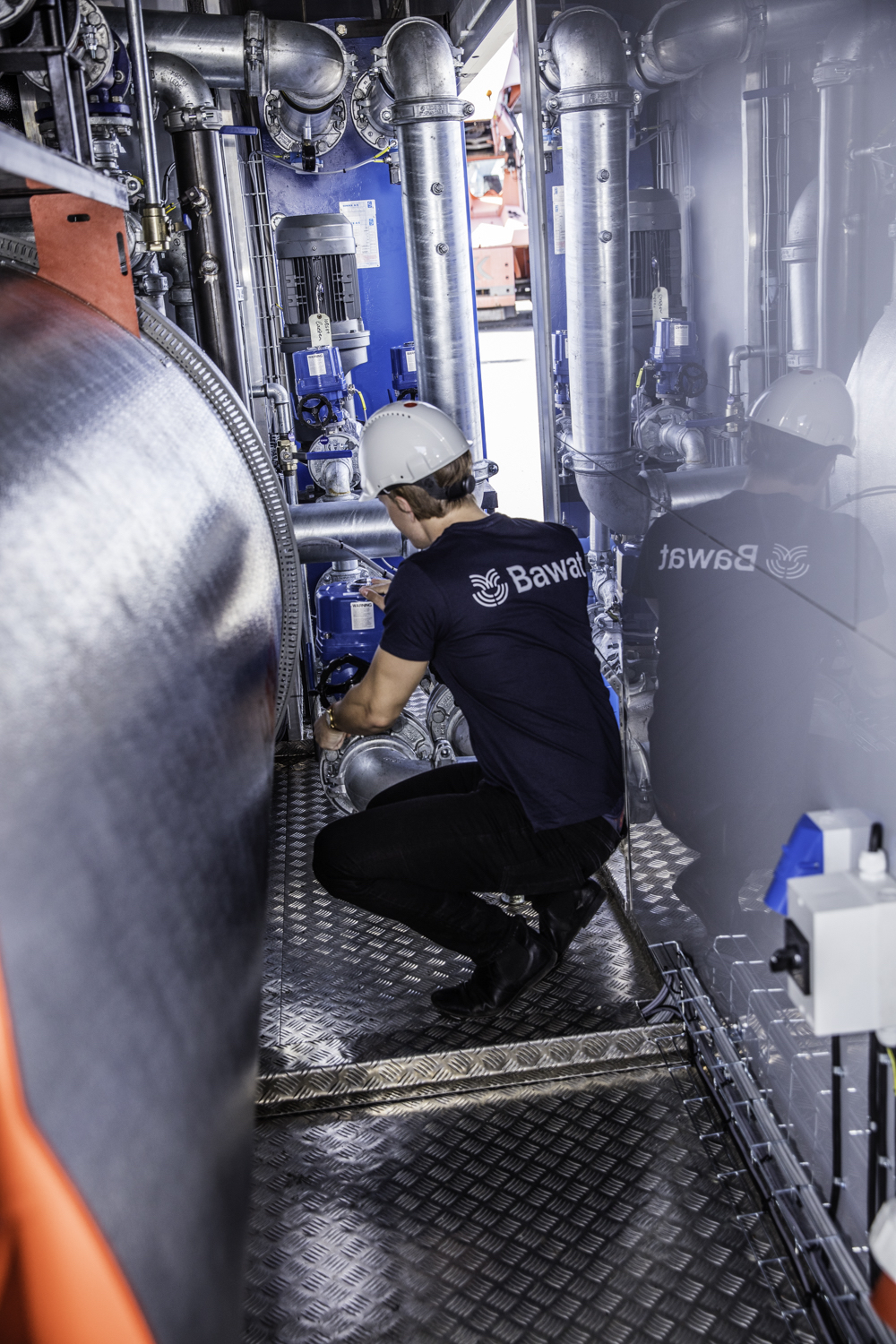Danish firm Bawat has devised revolutionary technology to help shipowners prevent ballast water threatening global biodiversity.
 Untreated ballast water has been identified as the second biggest threat to global biodiversity after climate change and for the spread of invasive marine species.
Untreated ballast water has been identified as the second biggest threat to global biodiversity after climate change and for the spread of invasive marine species.
Each day around 7,000 marine species hide away in ballast water tanks – picked up in one place, such as Singapore, and deposited in another, such as Rotterdam. When released from captivity they find themselves in new environments, with new ecosystems where, as is often the case, they can out-muscle native flora and fauna. According to Bawat, the harm this causes, both environmentally and financially, impacts upon industry and livelihoods.
Kim Diederichsen, CEO of BAWAT said, “It’s a problem that has somehow stayed under the radar when it comes to general public awareness, but the discharge of untreated ballast water causes enormous damage to our marine ecosystems.”
Bawat’s solution is to heat the ballast water to a temperature of at least 60 degrees centigrade, which neutralises any marine life in the tanks and prevents it entering an environment where it could be harmful. Although the principal is not new, what is, is that Bawat’s technology uses waste heat from the ship’s engines, that would otherwise be vented to the air, to pasteurise the ballast water providing a green, non-chemical solution to the problem.
Kim Diederichsen concluded, “Ballast water is a huge global problem and we need the best ideas, and the brightest innovations, to address it in a meaningful way. With our solution, and the backing of forward-thinking shipowners, we believe we can help our industry win the war against the spread of invasive species.”
Photo: Unique technology from Bawat